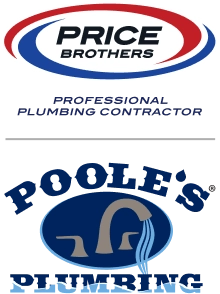Water Conservation in the Bathroom
Everyone would like to save on costly water and utility bills each month, and through several easy and simple checks and steps that can be done and followed for Water Conservation in the Bathroom, the professional Raleigh plumbers at Poole’s Plumbing can help you get on the path to saving.
 The first area to touch upon to help with Water Conservation in the Bathroom is your shower and bathtub. To begin here, a simple check of your showerhead would be in order. Aiming the head at a one-gallon bucket and timing to see how long it takes to fill can tell you when it may be time for a replacement. If the bucket is filled in less that 20 seconds you will want to look at replacing it with a more efficient, low-flow showerhead. Not only are the low flow models great for Water Conservation in the Bathroom, they are inexpensive and easy to install, they can cut your usage by more than 500 gallons of water per week. This combined with keeping a close eye on the time you and other family members actually spend taking a shower and limiting it to 5 minutes can save on average another 1,000 gallons of water per month.
The first area to touch upon to help with Water Conservation in the Bathroom is your shower and bathtub. To begin here, a simple check of your showerhead would be in order. Aiming the head at a one-gallon bucket and timing to see how long it takes to fill can tell you when it may be time for a replacement. If the bucket is filled in less that 20 seconds you will want to look at replacing it with a more efficient, low-flow showerhead. Not only are the low flow models great for Water Conservation in the Bathroom, they are inexpensive and easy to install, they can cut your usage by more than 500 gallons of water per week. This combined with keeping a close eye on the time you and other family members actually spend taking a shower and limiting it to 5 minutes can save on average another 1,000 gallons of water per month.
In the bathtub there are lso some very easily monitored step that can help you with Water Conservation in the Bathroom. For starters, using a plug before turning the water on as you adjust the temperature will help to avoid wasting water, as will having your very young children take a bath together rather than having to fill the tub and go through the entire process multiple times.
The toilet is an obvious spot in the bathroom where by just making sure all pieces and parts are operating correctly can get you on your desired path to Water Conservation in the Bathroom. The tank and flapper are both spots on the toilet that you want to check regularly to be sure they are functioning properly. The “food coloring” test is an easy way to be certain the tank isn’t leaking, as by putting a few drops in, you can tell it is leaking if the color seeps into the bowl. If there is a leak, it is an easy fix for the pros at Poole’s Plumbing and can conserve over 600 gallons per month. As for the flapper, checking on a consistent basis to sure it isn’t sticking will help with your Water Conservation in the Bathroom efforts. Also, if you hear a toilet flushing itself or constantly running, this also is more than likely an easily fixed leak and if not addressed could lead to wasting more than 500 gallons of water weekly. One last tip that may seem obvious, but can really help conserve is to put your tissues into the trash as opposed to flushing them down, as this also can add up with each wasted flush.

Lastly, monitoring your water usage at the sink can be another simple avenue to help with Water Conservation in the Bathroom. Again, these are common sense ways to save, as by just turning the faucet off while you brush your teeth, the average family of four would conserve about 200 gallons per week. Doing the same while shaving would save around 100 gallons a week as well. Much like recommended above with the toilets, when hearing a consistent drip from the faucet, having to problem rectified in a timely manner can also lead to big savings both with water and in your wallet.
Water Conservation in the Bathroom can be easily achieved and lead to you not wasting water or money unnecessarily. The plumbing experts at Poole’s Plumbing recommend these tips to you in beginning your conservation efforts and in Part Two of our water conservation articles will remind you of more simple ways to conserve water and money throughout the rest of the house.



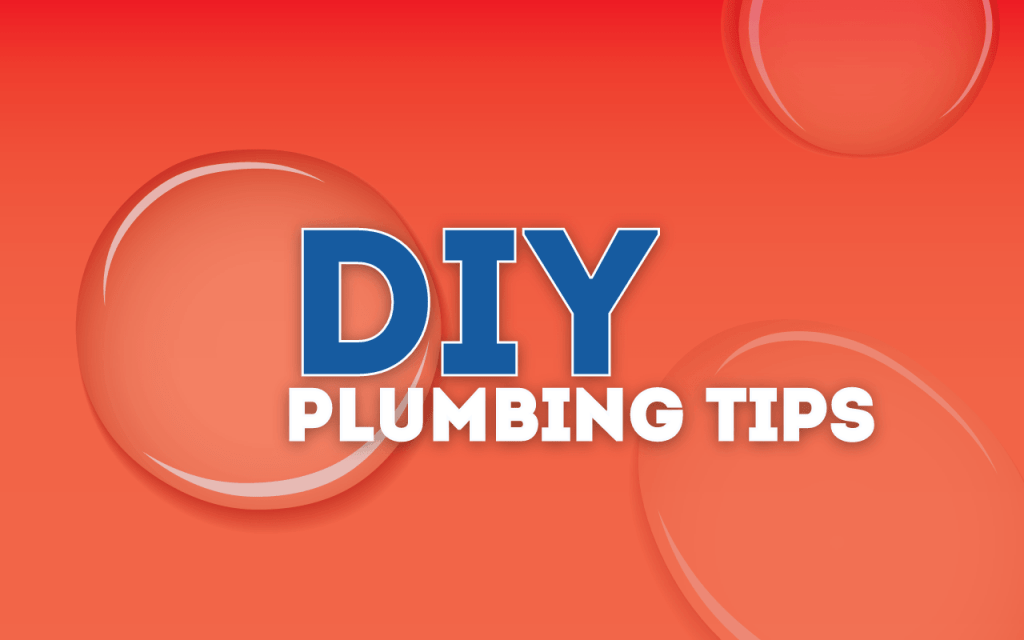





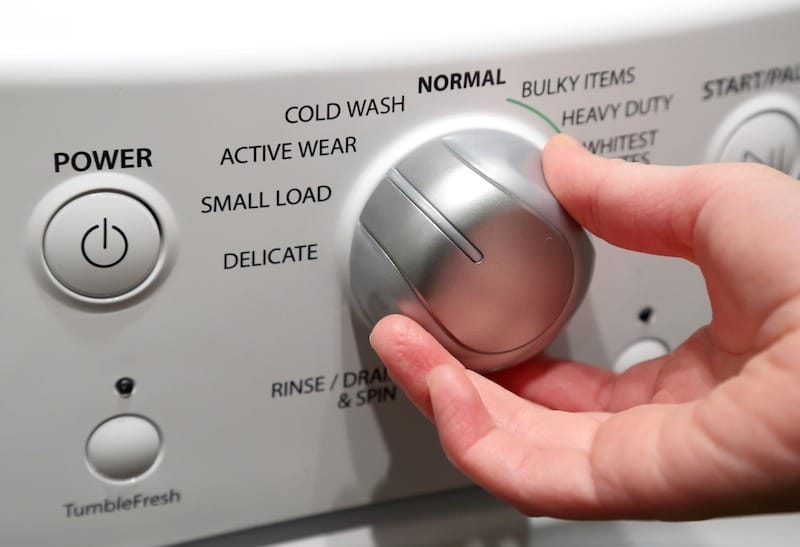




 With the temperature in the area beginning to drop as the fall months wind down and the cold of winter approaches, the most trusted
With the temperature in the area beginning to drop as the fall months wind down and the cold of winter approaches, the most trusted 

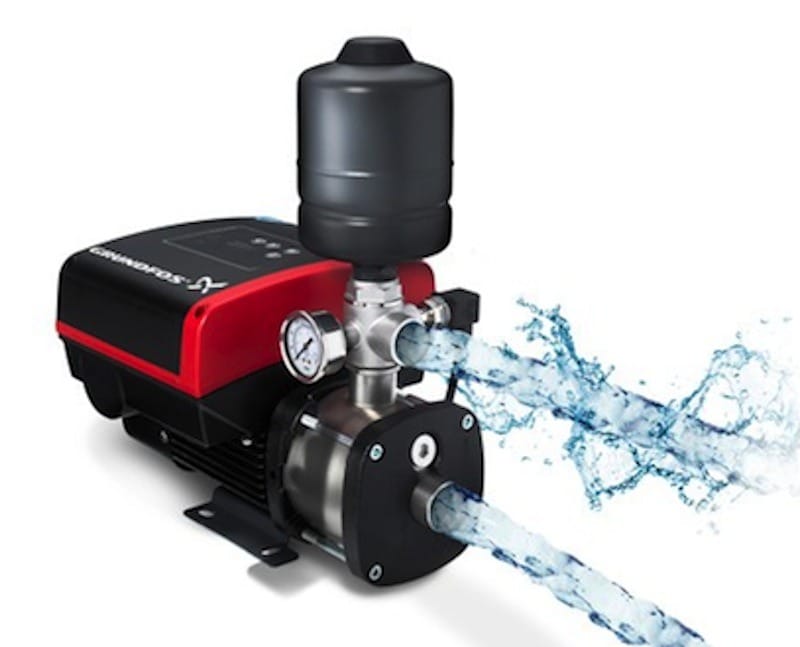 In Selecting a Well Pump, it is essential to know which model best suits you and your needs as to not waste your money on a pump that may give you either too much or too little. The Constant Pressure Pump operates using a variable speed motor that is built in to the unit that allows the pump to speed up or slow down depending on your level of water usage. Thus, when you need more water, the Constant Pressure Pump runs faster, and when less water is used, it runs at a slower pace. Benefits of this type model include:
In Selecting a Well Pump, it is essential to know which model best suits you and your needs as to not waste your money on a pump that may give you either too much or too little. The Constant Pressure Pump operates using a variable speed motor that is built in to the unit that allows the pump to speed up or slow down depending on your level of water usage. Thus, when you need more water, the Constant Pressure Pump runs faster, and when less water is used, it runs at a slower pace. Benefits of this type model include: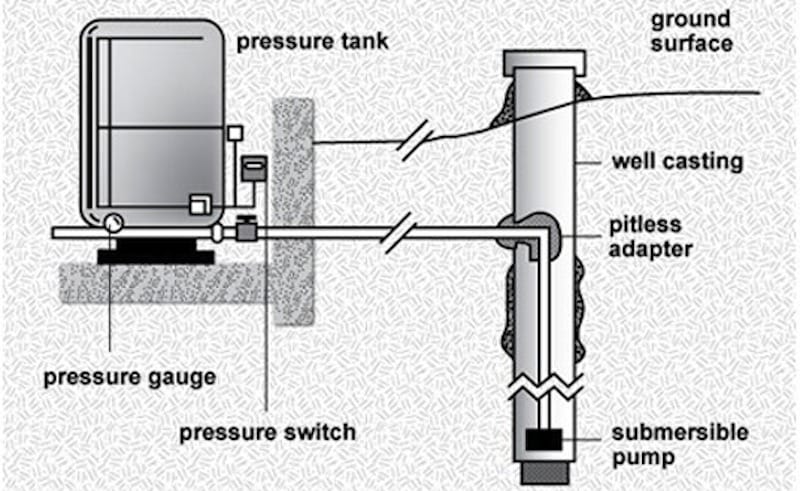 The conventional or traditional system is your other option in Selecting a Well Pump. These units operate at only two speeds, on and off. A pressurized switch controls the Conventional Pump System, turning the unit on when a certain pressure level is reached and likewise, shutting it off once the necessary level is reached. Benefits of the Conventional Pump System include:
The conventional or traditional system is your other option in Selecting a Well Pump. These units operate at only two speeds, on and off. A pressurized switch controls the Conventional Pump System, turning the unit on when a certain pressure level is reached and likewise, shutting it off once the necessary level is reached. Benefits of the Conventional Pump System include: When most people think of their toilet, the words “germ free” and “clean” may not be exactly the first terms that come to mind. However, with the latest toilet innovations in
When most people think of their toilet, the words “germ free” and “clean” may not be exactly the first terms that come to mind. However, with the latest toilet innovations in  American Standard has also raised the bar in keeping your toilet bowl clean with the introduction of its
American Standard has also raised the bar in keeping your toilet bowl clean with the introduction of its  Continuing to make the lives of their consumers more convenient through offering the latest technological advances in plumbing, Delta offers a line of “Smart Solutions” products that can be installed for you by the “smartest” choice for all your Raleigh NC plumbing needs,
Continuing to make the lives of their consumers more convenient through offering the latest technological advances in plumbing, Delta offers a line of “Smart Solutions” products that can be installed for you by the “smartest” choice for all your Raleigh NC plumbing needs, 








